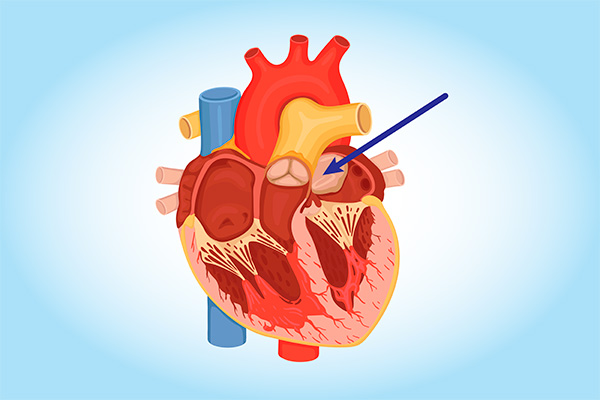Alcohol Tolerance as You Age: What to Know as You Get Older
August 17, 2023

Health & Wellness Tips
Related Articles
-
Wellness & Prevention
![What are Different Types of Breast Cancer_ Plus Treatment Options]()
What are Different Types of Breast Cancer? Plus Treatment Options
-
Wellness & Prevention
![10 Breast Cancer Prevention Tips]()
Breast Cancer Prevention Myths and Facts from the Experts
-
Wellness & Prevention
![a large lightning bolt striking from a dark sky during a severe thunderstorm]()
Storm Safety: Tips for Protecting Your Family and Home
-
Kids & Teens
![a small child holding their belly with IBS pain]()
Is It IBS? Identifying Irritable Bowel Syndrome in Kids
-
Your Healthcare
![an older Black man jogging in a park wearing headphones]()
Discover the Heart-Health Benefits of Weight Loss Medications
-
Wellness & Prevention
![Over-the-Counter Birth Control Pills-What You Need to Know]()
Over-the-Counter Birth Control Pills: What You Need to Know
-
Coping with Illness
![cardiac myxoma heart tumor diagram]()
Can You Get Heart Cancer? It's Rare, but Yes. Learn the Symptoms
-
Wellness & Prevention
![Make your 2023 New Years Resolutions]()
5 Achievable 2024 Health-Related New Year's Resolutions
-
Wellness & Prevention
![feet in socks by a winter fire]()
Health Tips for the Holidays: Strategies to Stay Fit and Jolly
-
Wellness & Prevention
![a woman discussing pancreatic cysts with her doctor, waiting for an MRI scan]()
Are Pancreatic Cysts Dangerous? Do They Cause Pancreatic Cancer?
Back to Top













